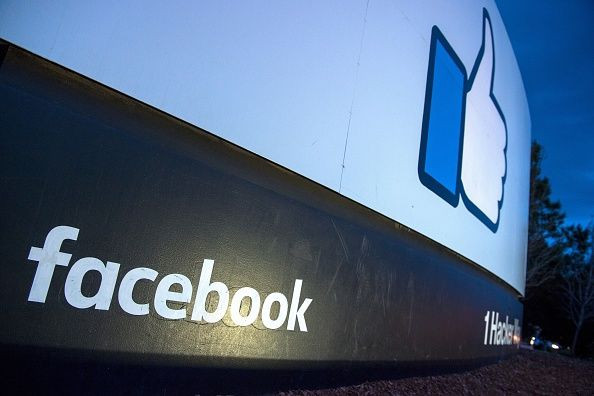Facebook Chases Square Into The Peer-To-Peer Crypto Market

Facebook (NASDAQ:FB) could soon launch its own cryptocurrency for peer-to-peer money transfers in WhatsApp according to Bloomberg. The service could use a "stablecoin", or a cryptocurrency which is pegged to a fiat currency to avoid the volatility of "unpegged" cryptocurrencies like bitcoin.
This article originally appeared in the Motley Fool.
Facebook presumably created the stablecoin in its new internal blockchain unit. Bloomberg's sources claim that Facebook will start testing out the stablecoin for WhatsApp transfers in India first, but the company has neither confirmed nor denied the report.
Why Facebook is testing crypto transfers
Adding cryptocurrency transfers to WhatsApp could help Facebook further monetize the messaging platform's 1.5 billion monthly active users (MAUs). Facebook acquired WhatsApp in 2014, dropped the app's $1 annual fee in 2016, added new messaging tools to help businesses reach more customers, then gradually monetized the platform with Facebook ads linked to WhatsApp.
It also started testing peer-to-peer payments with the WhatsApp Pay feature in India in early 2018. India is WhatsApp's largest single market with over 200 million MAUs, and it's a fertile market for mobile payments since many Indians leapfrogged the PC generation and started their computing experiences on smartphones. The Indian government also reportedly favors the official legalization of cryptocurrency transfers in India.
Therefore, testing out peer-to-peer cryptocurrency payments in India would be the logical next step for WhatsApp. Yet Facebook's strategy isn't an original one -- Square (NYSE:SQ) already blended together peer-to-peer payments and cryptocurrencies by offering bitcoin trades to its Cash App users.
Part of a broader push against Square
Square's Cash App, PayPal's (NASDAQ:PYPL) Venmo, and the bank-backed Zelle are the three most popular peer-to-peer payment platforms in America. Cumulative downloads for Square's Cash App reportedly surpassed Venmo's downloads in August, while new features like the physical Cash Card, bitcoin trades, and Instant Deposits are attracting new users and locking in existing ones.
Facebook previously tried to crack the peer-to-peer payments market by adding money transfers to Facebook Messenger in 2015, but the feature never gained much traction against Cash, Venmo, and Zelle. It also started testing out integrated e-commerce payments on Instagram in mid-2018.
Yet Facebook isn't giving up on this lucrative market, which will continue growing as consumers carry less cash and more mobile devices. That's why Facebook partnered with PayPal to integrate its payment services into Facebook Messenger and Marketplace. Those tighter bonds could eventually link WhatsApp and Instagram to PayPal's ecosystem, which would help both companies widen their moats against Square.
But crypto transfers won't move the needle on their own
Facebook's growth in the Asia-Pacific region has been a rare bright spot for the company, which faces slowing growth in its more profitable Western markets. Its daily active users (DAUs) and average revenue per user (ARPU) in the Asia-Pacific region both rose 18% annually last quarter, fueled by its growth in India, Indonesia, and the Philippines.
Yet adding new payment features to its platforms in Asia won't move the needle on its own. Facebook still generates most of its revenue from online ads, and its revenue from its "payments and other fees" accounted for less than 1% of the Asian region's top line last quarter. For comparison, Square's bitcoin revenues accounted for 5% of its GAAP revenues last quarter.
Therefore, Facebook's expansion into peer-to-peer payments and crypto transfers can be considered an interesting way to lock in users, but it probably won't significantly reduce its dependence on ad revenues anytime soon.
The bottom line
Facebook's partnership with Paypal and flirtation with crypto payments makes strategic sense, but these moves probably won't hurt Square, which has a more expansive ecosystem of business and consumer-facing fintech services than Facebook. It also might not be the best use of Facebook's secretive blockchain technologies.
I personally think Facebook should have formally assigned its blockchain unit to tackle the security and privacy issues plaguing the company. Doing so could have comforted rattled users and investors, while demonstrating that the company was more interested in improving its core business than aggressively chasing hot trends like mobile payments and cryptocurrency transfers.
Leo Sun owns shares of Facebook and Square. The Motley Fool owns shares of and recommends Facebook, PayPal Holdings, and Square. The Motley Fool has the following options: short January 2019 $82 calls on PayPal Holdings and short January 2019 $80 calls on Square. The Motley Fool has a disclosure policy.





















